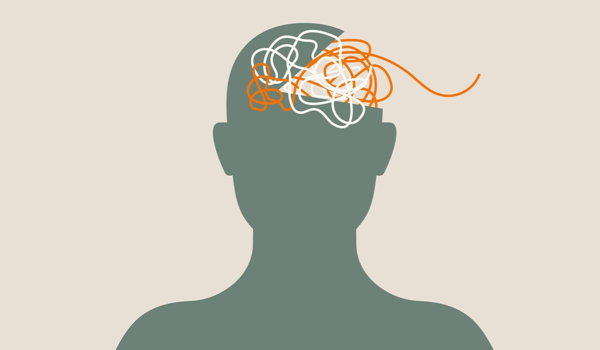


KOLKATA - Attention deficit hyperactivity disorder (ADHD) has found an unwelcome home in many people’s minds these days. ADHD manifests itself in symptoms like impulsiveness, an inability to focus or concentrate, irritability, forgetfulness, easy distraction, procrastination, insomnia, and resistance towards change. One can inherit ADHD genetically, but it is also possible to acquire it over time at some point in life. While the focus tends to be mostly on children who are afflicted by ADHD, adults can just as easily fall victim to this disorder.
The rain of social media and the ensuing excessive amounts of screen time are often pointed to as the main cause of increased distractions in adults. However, one should also be mindful of the fact that ADHD consists of disorders beyond mere distraction. Prof Margaret Sibley, an ADHD specialist at the University of Washington, asserts that the Covid-19 pandemic was a major catalyst for the latest spike in ADHD cases. The pandemic brought with it a plethora of nightmares like job loss, disrupted routines, and the paranoia of being affected by the virus. The accompanying rise in screen time also took a toll on people’s neurological stability.
ADHD stigma is a high hurdle
Like many other psychological ailments, ADHD is often stigmatized. If a person is unable to cope with situations, zones out during conversations or interactions, and forgets things, these are all interpreted as negative aspects of that person’s personality. This then often prevents people with ADHD from having active social lives. Interestingly, this stigma varies demographically, with there being less stigmatization of the disorder in children as compared to adults. Also, the stigmatization of ADHD tends to be higher for urban residents as opposed to those living in rural or other remote locations, though this does not significantly pr
The content herein is subject to copyright by The Yuan. All rights reserved. The content of the services is owned or licensed to The Yuan. Such content from The Yuan may be shared and reprinted but must clearly identify The Yuan as its original source. Content from a third-party copyright holder identified in the copyright notice contained in such third party’s content appearing in The Yuan must likewise be clearly labeled as such. Continue with Linkedin
Continue with Linkedin
 Continue with Google
Continue with Google










 1070 views
1070 views







